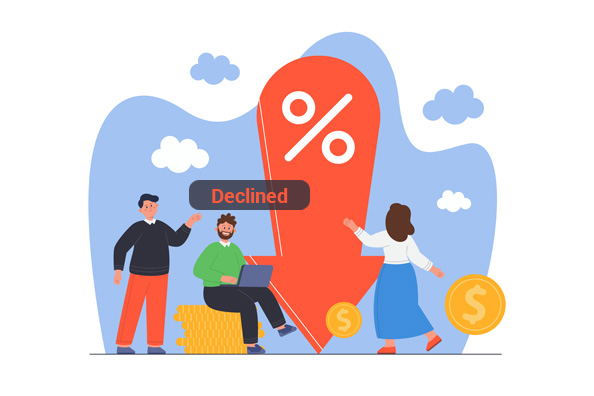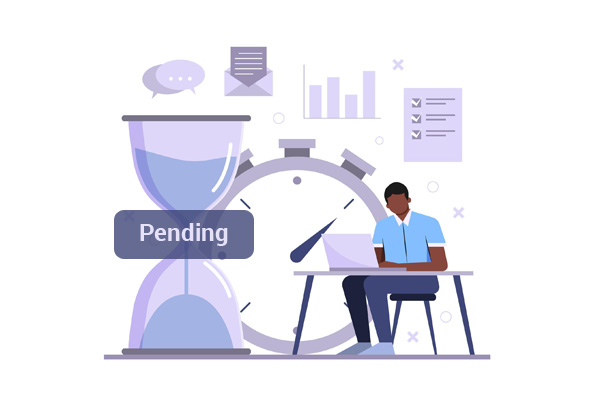
Buying a home is an important life achievement that means pleasure, expense, and deep emotion. Most homebuyers pay attention to the down payment and monthly mortgage payments, yet they commonly neglect to estimate the necessary closing costs. Most buyers discover these hidden costs as a surprise because they do not prepare for them.
The real estate transaction process includes closing costs that exist as a universal element whenever someone buys a home, regardless of their location in the U.S., Canada or the U.K. and other places. In this guide, we’ll break down what closing costs are, how much they cost, who pays for them and what’s included—so you can be prepared.
What Are Closing Costs?
Closing costs include fees that must be paid at the end of a real estate deal, right before the official ownership transfer. All required costs for a real estate transaction are covered by fees paid to lenders, attorneys, real estate agents and government agencies assisting with sale processing.
The costs you pay during closing differ according to country, region, property type and your source of finance. All nations share the same universal principle when it comes to purchasing: you must pay your remaining payment before you receive homeownership.
How Much Are Closing Costs When Buying a Home?
Closing costs are 2% to 5% of the purchase price. For example, if you’re buying a home worth $300,000, you might pay between $6,000 and $15,000 in closing costs.
Here’s a quick breakdown of estimated ranges by region:- USA: 2%–5% of the home price
- Canada: 1.5%–4% (includes land transfer tax, legal fees)
- UK: 1%–3% (includes stamp duty, solicitor fees)
- Australia: 3%–5% (includes stamp duty, lender fees)
- India: 7%–10% (includes stamp duty, registration, legal fees)
Exchange rates, government policies and local regulations can vary these costs. Always best to consult a local real estate agent or mortgage broker for an accurate estimate in your country.
Who Pays Closing Costs When Buying a Home?
Buyers typically bear the burden of payment for almost all closing costs, which consist of loan and legal documentation expenses. Market competition drives sellers to pay some of the costs to finalise deals swiftly.
Here’s a general breakdown:
- Buyers generally pay: origination fees for the loan, appraisal fees, title search, inspections, insurance, legal charges, and taxes.
- Sellers typically pay: real estate commissions, property taxes through the date of closing, and sometimes some of the buyer's closing costs (as a concession).
What Is Included in Closing Costs?
Closing costs differ, but some typical items included are as follows:
1. Lender Fees:
- Loan origination fee
- Application/processing fee
- Credit report fee
2. Legal and Administrative Fees:
- Attorney or notary fees
- Title search and insurance
- Escrow or settlement fees
3. Property-Related Costs:
- Home inspection
- Property appraisal
- Survey fee
4. Taxes and Government Charges:
- Stamp duty or transfer tax
- Recording fees
- Registration charges
5. Insurance:
- Homeowners insurance
- Mortgage insurance (if applicable)
Final Thoughts: Your financial preparation greatly depends on the size of closing costs in the property acquisition process. Understanding what costs lie ahead will protect you from financial pressure, so you can move comfortably into your new residence.








